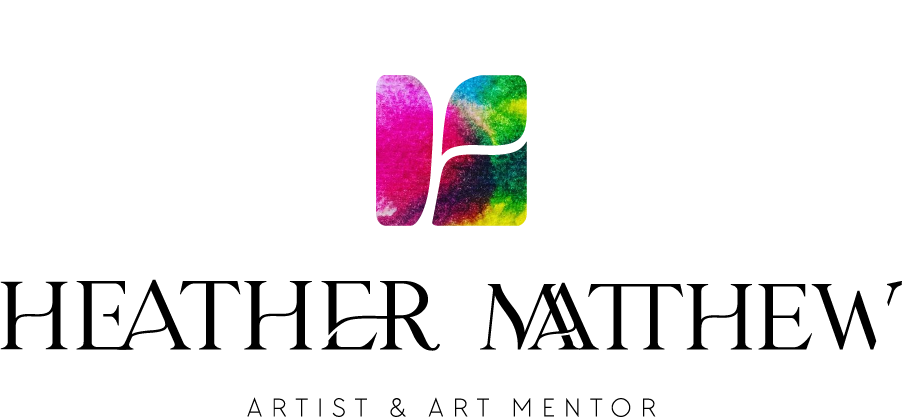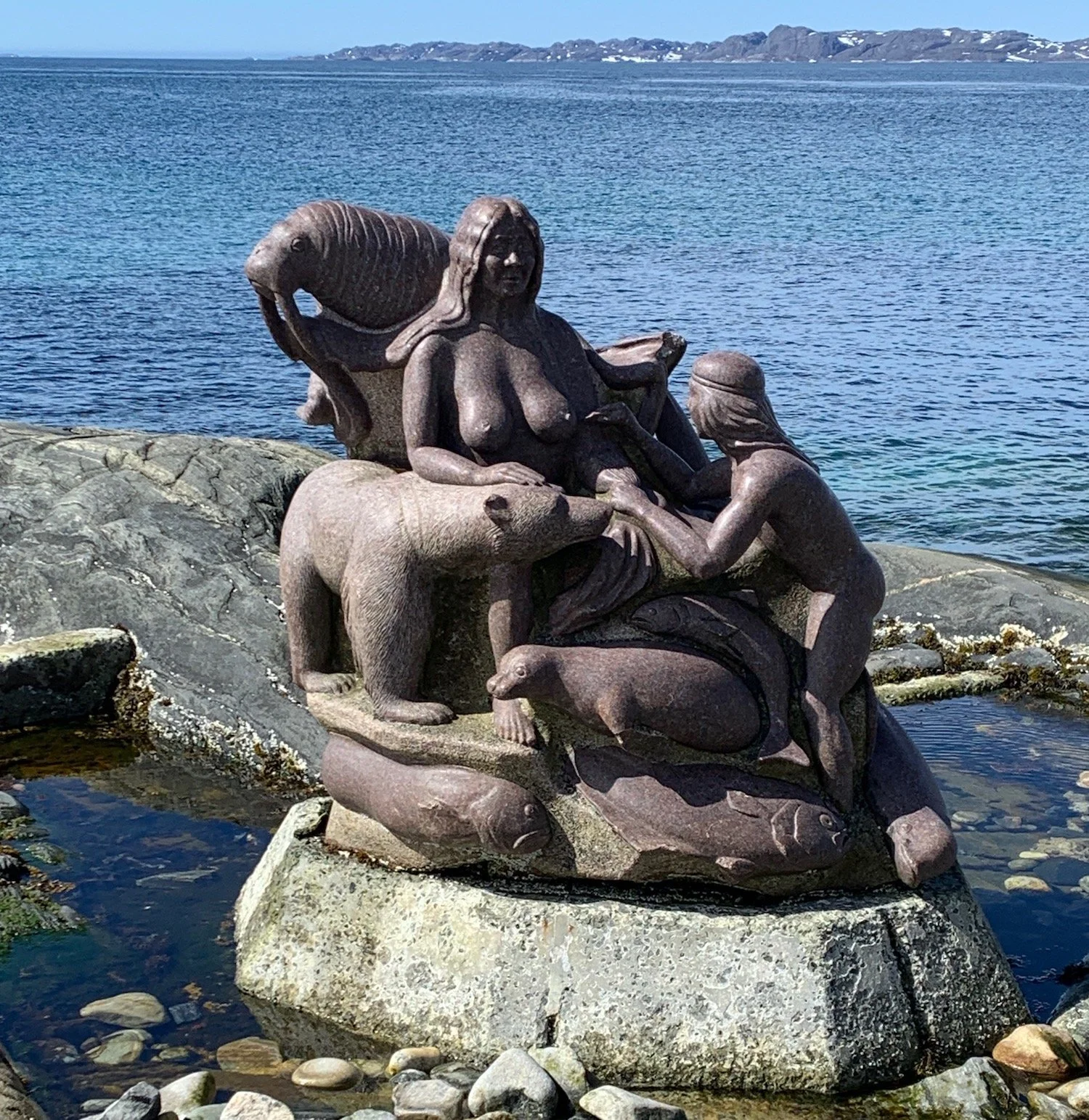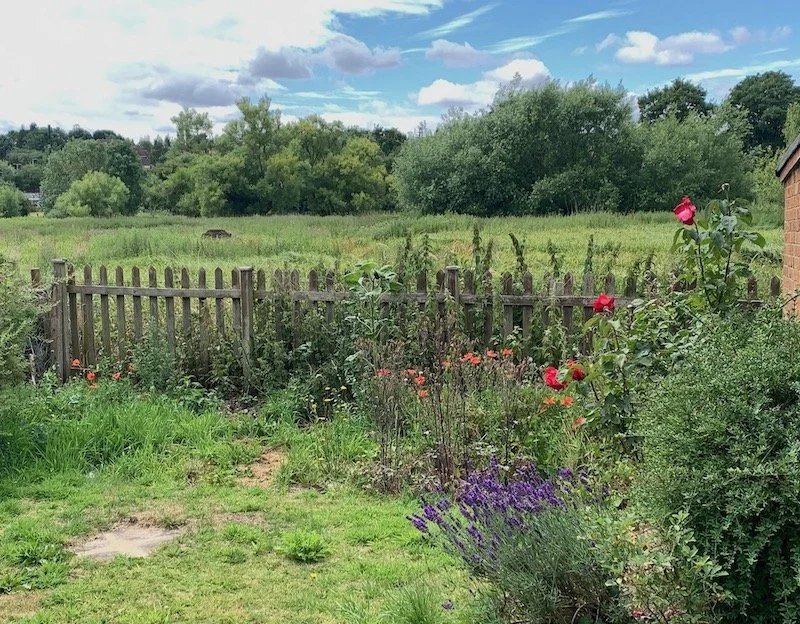Island Vibes
Sassuma Arnaa, the Mother of the Sea. A sculpture at the old colonial harbour in Nuuk, capital of Greenland.
The Inuit people of Greenland believe in many mythological creatures who form part of their everyday lives. One such is Sassuma Arnaa, the mother of the sea. Legend has it that if there is a bad hunting season with little food caught, then it’s a sign that Sassuma Arnaa is punishing people for polluting the sea and wasting parts of the hunt catch. Her hair would become messy and it was up to Angakkoq, the shaman to contact Sassuma Arnaa to make things right again, comb her hair out and ask her for forgiveness.
This legend animates the ocean as a living, breathing entity. I think of the oceans which connect us in relation to the 2022 UN Ocean Conference which starts this week in Lisbon, Portugal. Australians don’t really consider themselves to be islanders. Our island continent is so big we feel that we aren’t really one of those small islands swamped by rising sea levels where the roads turn to mush every high tide and the rising salt level in the water table makes growing crops increasingly difficult. Yet we are not immune to what happens on the other side of the world.
I have spent an entire day writing the grant acquittal for my Stone Stories project, a geo -narrative in two “island” residencies. One of the things I wrote about was the way Europeans think of Australia as “a place too far” and are hesitant to draw parallels between European and Australian issues. The same can apply to our thinking as well. Greenland may seem like such a far away and exotic country.
Yet it was the fabulous Arctic discussion called Glacial Narratives, hosted by Taigh Chearsabhagh Museum and Arts Centre in North Uist, Outer Hebrides which led me across the world on my quest to make more art about climate change. I saw parallels between what was happening in Australia and what was happening in Iceland and Greenland.
Just after I left Australia in February, our northern rivers of NSW suffered its biggest ever flood on record. With rising temperature and more rain, the permafrost melts and rock landslides happen. Those most at risk are the people who depend upon the ocean for their livelihoods.
One of the topics on the conference agenda is Towards a Universal Declaration of Ocean Rights. While much of this change is being driven by small island initiatives, they can be endorsed by larger island nations like Australia. If you consider that the ocean is a living, breathing entity that connects all of us, then it too deserves protection for its right to exist and be protected from overfishing and pollution.
Ocean initiatives include the “blue economy” where important marine plants like seaweeds are grown and harvested and programs for marine beach clean ups are developed and instigated. It’s sobering to read that plastic could supplant fish in the oceans within our lifetime.
“Many experts also warn that there could be more plastic than fish in our ocean in the next 30 years, if there is no significant action taken to mitigate this impending disaster. “[1]
Having just come from Greenland which is on the brink of massive development, conferences such as this can go a long way to setting standards of protection for all island countries. We have less than thirty years to get this right…
[1] https://islandinnovation.co/what-is-the-blue-economy-and-how-can-it-help-my-island
Fish drying in the small settlement of Oqaatsut reached by boat from Ilulissat, Greenland





